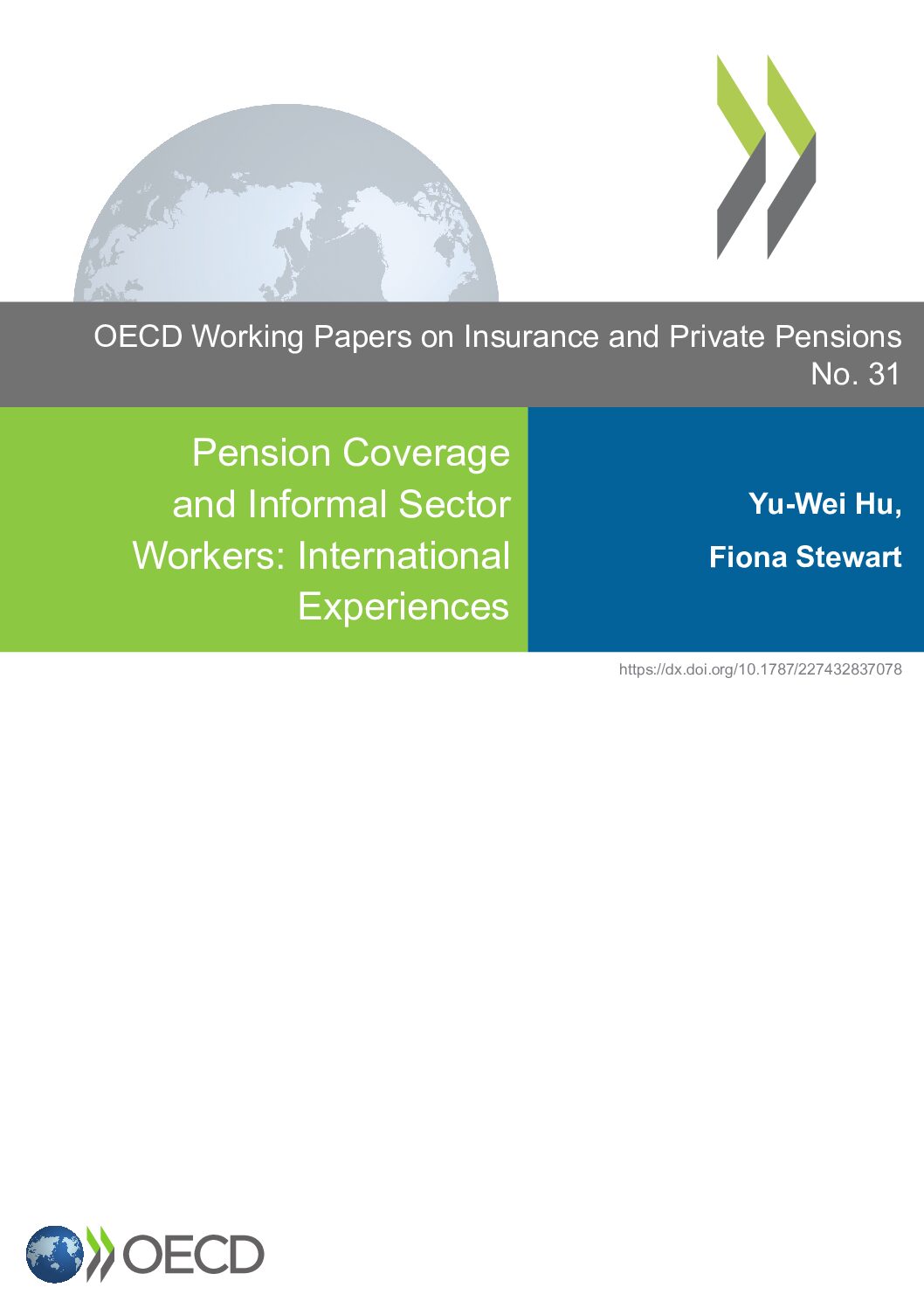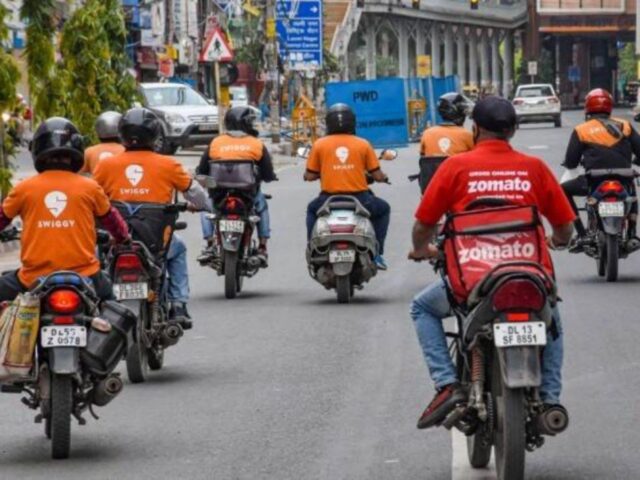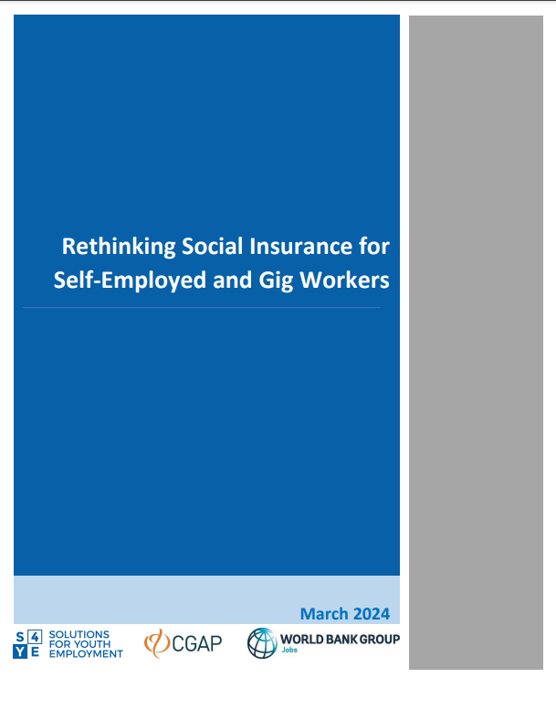New ILO report highlights urgent need for improved labour and social protection for domestic workers in ASEAN
A new report by the International Labour Organization (ILO) highlights the critical need to improve labour and social protection for domestic workers across the 10-member Association of Southeast Nations (ASEAN) region. The report entitled Labour rights and social protection coverage for domestic workers in ASEAN finds that despite their essential role in supporting households and economies, domestic workers, many of whom are women and migrants face significant gaps in protections that affect their well-being and economic security. There are about 38.3 million domestic...










